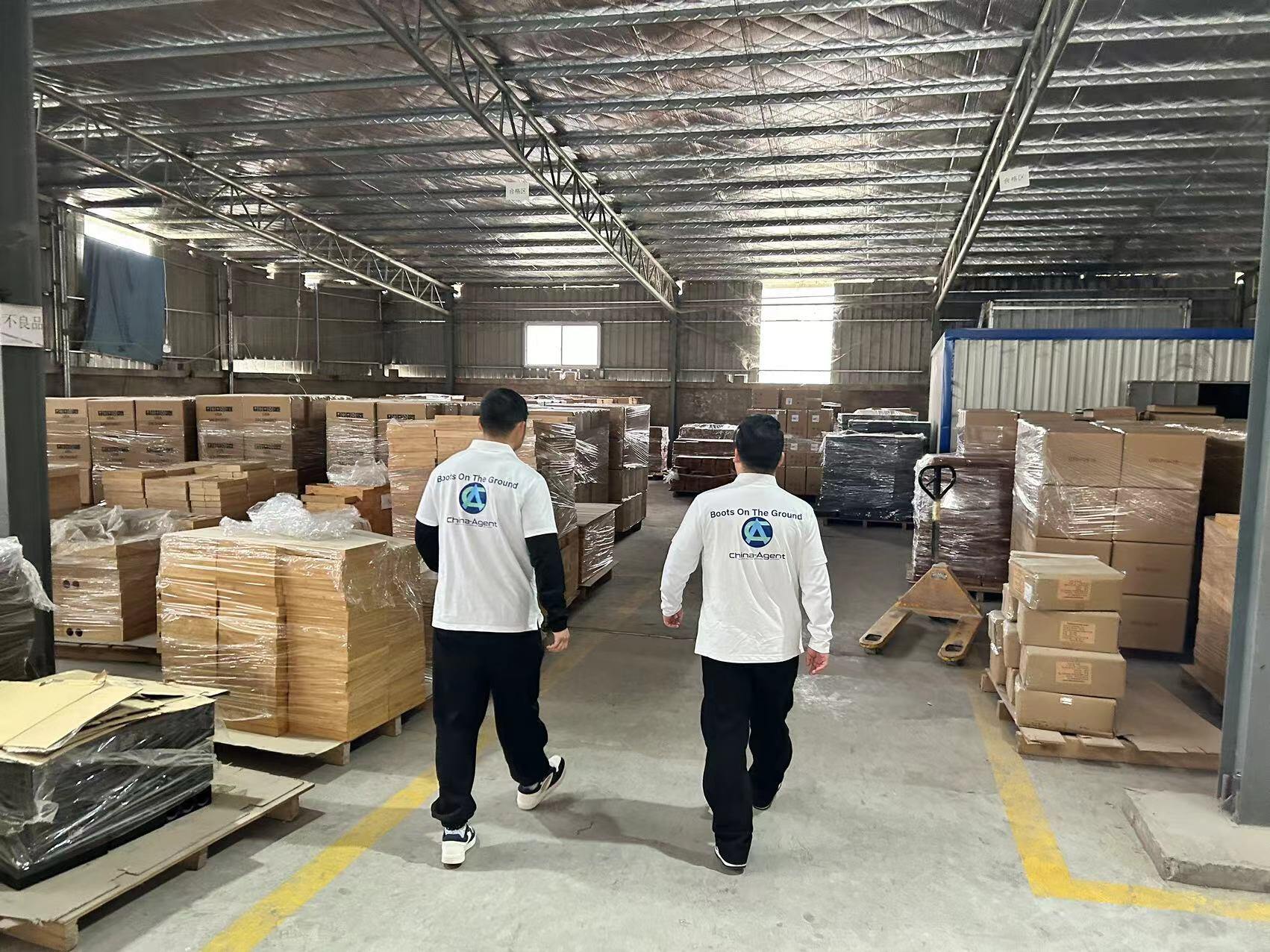Navigating the Chinese Yuan Depreciation
The recent depreciation of the Chinese Yuan (CNY) has significant implications for global trade and manufacturing. For businesses that rely on Chinese manufacturing or export to China, understanding the causes and effects of this currency fluctuation is crucial. This article explores the reasons behind the Yuan’s depreciation, its impact on international business, and strategies for mitigating currency risk.
Factors Contributing to the Yuan’s Depreciation
1. Economic Slowdown: China's economic growth has slowed, impacted by various factors including the lingering effects of the COVID-19 pandemic, a real estate crisis, and regulatory crackdowns on key sectors. This slowdown has put downward pressure on the Yuan as investor confidence wanes.
2. Monetary Policy: The People's Bank of China (PBOC) has adopted a more accommodative monetary policy, cutting interest rates to stimulate growth. Lower interest rates tend to reduce the currency’s appeal to foreign investors, leading to a weaker Yuan.
3. Trade Tensions: Ongoing trade tensions between China and major economies, particularly the United States, have exacerbated market uncertainty. Tariffs and trade barriers disrupt normal trade flows and affect currency values as businesses and investors react to new policies.
4. Capital Outflows: Increased capital outflows as Chinese investors seek safer or more profitable opportunities abroad have also contributed to the Yuan’s depreciation. This capital flight is driven by concerns over domestic economic stability and better returns in foreign markets.
Impact on Global Trade and Manufacturing
1. Increased Costs for Importers: For businesses importing goods from China, a weaker Yuan initially appears beneficial as it reduces the cost of Chinese goods. However, this can be offset by higher shipping costs and tariffs, especially if geopolitical tensions rise.
2. Export Competitiveness: Chinese exporters may find their products more competitively priced in the global market due to the weaker Yuan. This could boost export volumes, benefiting Chinese manufacturers but potentially putting pressure on competitors in other countries.
3. Currency Risk: Fluctuations in the Yuan’s value introduce currency risk for businesses engaged in trade with China. Sudden changes can affect the profitability of contracts and require constant monitoring and adjustments to financial strategies.
4. Supply Chain Disruptions: The depreciation of the Yuan may lead to adjustments in supply chains. Companies might seek to renegotiate contracts, adjust sourcing strategies, or hedge against further currency risks to maintain cost stability.
Strategies for Mitigating Currency Risk
1. Close Prices in Both RMB and USD: When importing from China, negotiate and close prices in both RMB and USD. This dual pricing helps manage the risk of currency fluctuations, ensuring that you can compare costs more accurately and mitigate potential losses.
2. Scrutinize BOM for Unexplained Costs: In volatile exchange rate environments, Chinese suppliers, especially trading companies, might add a protective percentage to prices to safeguard against unfavorable rate changes. Always ask for a detailed Bill of Materials (BOM) to identify and question any unexplained additional costs.
3. Leverage Weak RMB for Better Negotiation: Costs for Chinese factories are typically in RMB. When the RMB is weak, these factories earn more in local currency terms. Use this to your advantage in negotiations, aiming to secure better terms and lower prices during these periods of currency depreciation.
4. Currency Hedging: Businesses can use financial instruments such as forward contracts, options, and futures to hedge against currency fluctuations. These tools allow companies to lock in exchange rates and protect themselves from adverse movements in the Yuan.
5. Diversifying Suppliers: Reducing dependency on a single country for supplies can mitigate risks associated with currency depreciation. Diversifying suppliers across different regions can help stabilize costs and reduce exposure to any one currency’s volatility.
6. Adjusting Pricing Strategies: Businesses can adjust their pricing strategies to account for currency fluctuations. This may involve setting prices in stable currencies like the US Dollar or Euro, or incorporating currency adjustment clauses in contracts.
7. Enhancing Financial Planning: Improved financial planning and forecasting can help businesses better prepare for currency risks. Regularly monitoring exchange rates, understanding market trends, and adjusting budgets accordingly are crucial steps.
How China Agent Ltd Can Help
At China Agent Ltd, we provide a range of services to help businesses navigate the complexities of currency fluctuations and mitigate associated risks:
1. No More Middlemen: Cutting out intermediaries allows businesses to work directly with manufacturers, saving money and reducing the impact of currency fluctuations on overall costs.
2. Negotiating Better Prices: With rising shipping costs, negotiating better prices with suppliers becomes crucial. Our team can help you leverage your buying power to secure more favorable terms. We advocate for negotiating aggressively now to avoid future price hikes.
3. Improved Payment Terms: We can assist in negotiating extended payment terms with suppliers. This can help ease the financial burden caused by the surge in shipping costs, giving your business more flexibility to manage cash flow effectively.
4. Supply Chain Diversification: We help businesses identify and establish relationships with alternative suppliers to reduce dependency on the Chinese market and mitigate risks associated with the Yuan’s depreciation.
5. Strategic Planning and Risk Management: Our experts provide comprehensive risk management strategies, including currency hedging and financial planning, to protect your business from adverse currency movements.
Conclusion
The depreciation of the Chinese Yuan poses significant challenges for businesses engaged in global trade. By understanding the factors driving this currency fluctuation and implementing effective risk mitigation strategies, companies can navigate these challenges and maintain stable operations. China Agent Ltd is here to provide the support and expertise needed to manage these complexities and ensure your business remains resilient and competitive.




